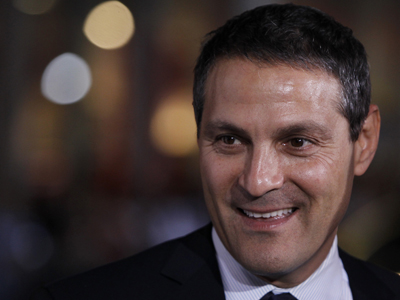Current and Future Trends in Entertainment Management
Talent managers and representatives have been at the forefront of the entertainment industry since it became the monopoly power that it is today. These days, the Hollywood, sports and music businesses would not be remotely as strong without the work of these representatives for their clients and for these industries as a whole. With that being said, it is essential for us as students to recognize and understand current and future trends in this field of work so that we will be prepared when the time comes for our involvement in the industry.
It is without a doubt that not only will entertainment representatives be counted on to provide the influence and skill that they have been, but they will expected to do more and more as time goes on. The entertainment industry, specifically the movie and television business, has been growing at exponential rates into a worldwide phenomenon. This has called for agents and managers to take their clients’ influence international and work with studios, experts or leaders from around the world. This expansion of duties, as well as necessity for knowledge of the desires and life on an international scale, means that the job description for talent representatives is going to get a lot more intense and their influence a lot higher.
Another reason that this particular field has been trending up in recent years concerns the expansion and collectivization of the entire industry as a whole. What I mean by this is that while even twenty years ago there were various companies that represented clients, and a distinct separation between the different industries that include music, films and sports, nowadays that has all been done together. More specifically, there are now giant companies with hundreds of employees that represent thousands of people, and further interaction and representation between the different forms of the entertainment industry.
With this collectivization of entertainment companies, and a large amount of interaction and support of the various entertainment industries, the job of a talent agent would not only become more important, but more demanding as well. For example, a representative who works with an athlete client may say his or her necessity increase because perhaps their client would want to make the move into a different type of entertainment, like films of television, in accordance with what they are already partaking in. If that were to occur, it would mean that an agent or manager would have to have the essential knowledge of said industry, connections within that industry, and the influence to make their client’s wishes come true.
There is little doubt that the future for an entertainment industry looks promising. There is also little doubt that while that future is promising, there will also be a lot more demanded out of a representative from clients as well as companies looking to hire said clients. It is important for a student such as yourself to understand that the job will be challenging, but also very rewarding at the same time. All in all, future trends that we have noticed for this particular industry show that entertainment management looks like a strong field for students to enter in the future.


